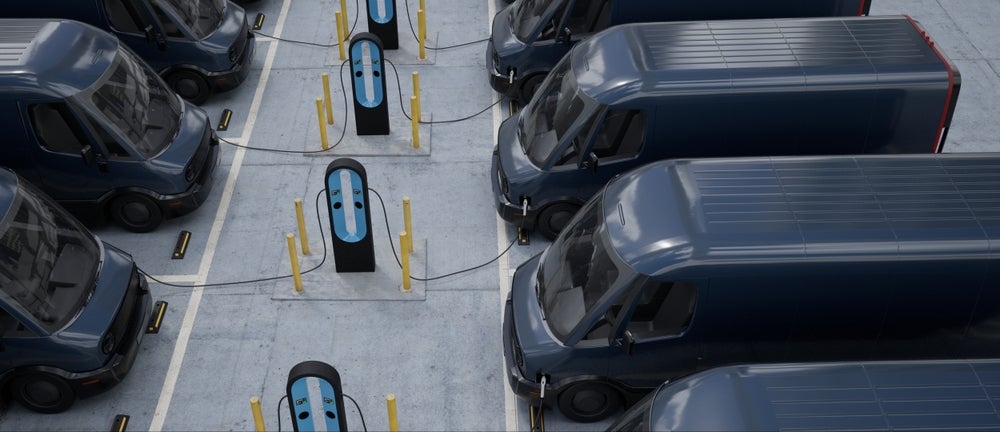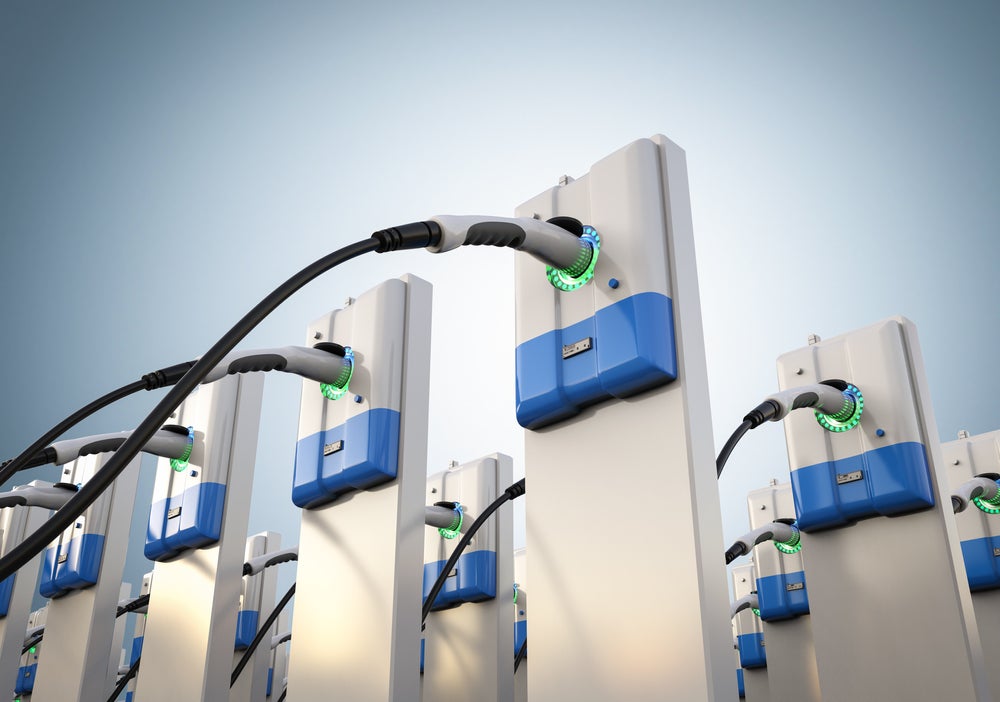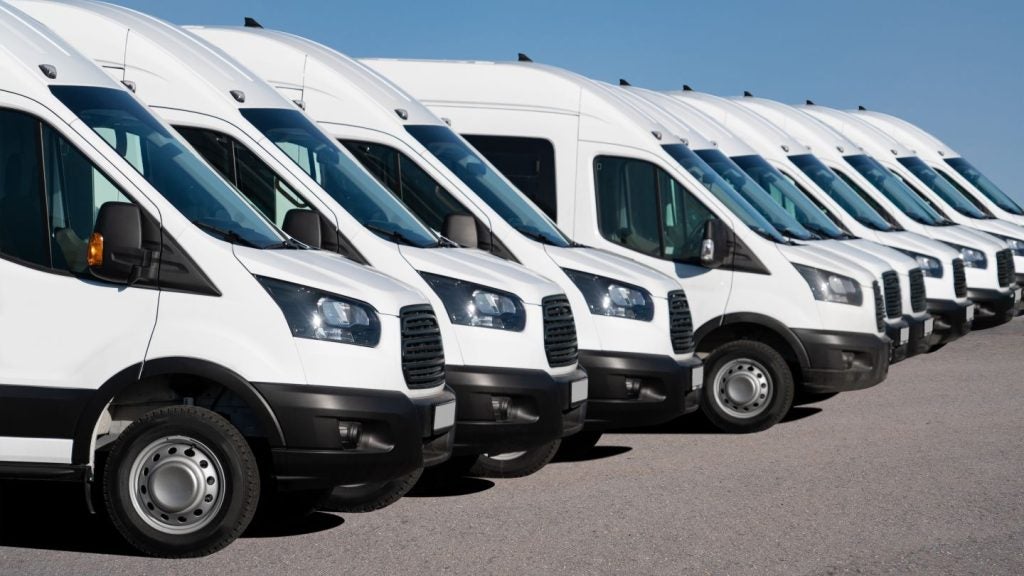
At a recent conference for the commercial and heavy vehicle industry, the call to action was clear: working together as an industry offers a solid path to sharing profits from the net-zero transition.
Tim Campbell, the keynote speaker, emphasised the need for collaboration and unity among industry players to drive the adoption of electric fleet charging and achieve sustainable transportation goals.
In a rapidly evolving landscape of sustainable transportation, the adoption of electric vehicles (EVs) has emerged as a promising and crucial step in the battle against carbon emissions.
Fleet electrification, in particular, is seen as a pivotal element in advancing the UK’s journey towards achieving net-zero emissions.

According to a report by PwC, fleet vehicles accounted for more than half of UK car sales in 2019, underscoring their significant role in the transportation sector’s carbon footprint.
With fleet electrification gaining momentum in the UK, private sector leaders are uniting industry experts to address the opportunities and challenges within this sector.
How well do you really know your competitors?
Access the most comprehensive Company Profiles on the market, powered by GlobalData. Save hours of research. Gain competitive edge.

Thank you!
Your download email will arrive shortly
Not ready to buy yet? Download a free sample
We are confident about the unique quality of our Company Profiles. However, we want you to make the most beneficial decision for your business, so we offer a free sample that you can download by submitting the below form
By GlobalDataHickman Shearer, an independent capital asset valuation, management, and used equipment sales company, hosted the conference at the MINI Factory in Oxford on 20 October to explore some of these themes.
Hickman Shearer to explore equipment funding as decarbonisation gathers pace
The event delved into the impact of decarbonization on machinery and equipment funding, a critical discussion as businesses seek to reduce their carbon footprint and comply with stringent environmental regulations.
A robust charging infrastructure is essential to support the widespread adoption of electric commercial vehicles. Keynote speaker Tim Campbell, of Campbell’s Consultancy, highlighted that this infrastructure challenge should not be tackled in isolation but as an industry-wide endeavour that necessitates collaboration.
While government investments in charging infrastructure are valuable, they may fall short of meeting the electric demands of large commercial fleets, particularly for heavy vehicles. Campbell stressed the need for major transportation players to come together and invest in infrastructure collectively.
Industry figures suggest that investment in Smart Grids might be the stepping stone to building the necessary infrastructure to support the electrification of commercial fleets.
Commercial vehicle operators and financiers hold key roles in the development of smart grids, especially in the transportation sector. Their investments, collaborative efforts, and innovative financing solutions are important in accelerating the transition towards more sustainable and efficient energy systems. Their active involvement can significantly contribute to the success of smart grid initiatives, furthering the overarching goals of reducing greenhouse gas emissions and achieving a more sustainable energy future.
This call for collaboration within the commercial vehicle industry serves as a reminder of the collective effort required to drive the sector towards net-zero emissions and shared prosperity in the era of sustainable transportation.







